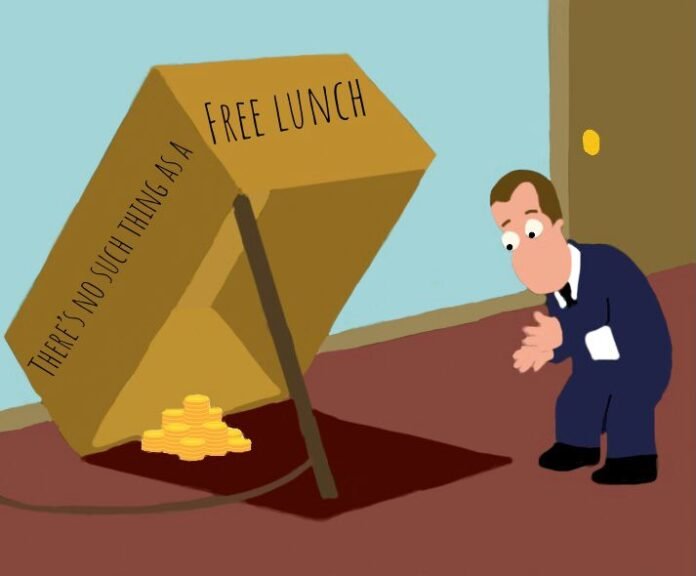Staff Reporter
Elon Musk, CEO of Tesla and SpaceX, recently shared a video featuring the late economist and Nobel laureate Milton Friedman, in which Friedman discusses America’s social security program.
Musk, who is preparing to join Donald Trump’s administration, captioned the video with, “Wise words from a true genius.”
In the video, Friedman covered a range of topics, including the government’s taxation system and its effects on inflation. He also discussed how government social security plans impact the public.
“Government is a fiction where everybody believes that he can live at the expense of everybody else. And that is the free lunch myth. The myth that somehow or other government can provide goods and services can spend money at nobody’s expense,” Friedman said in the video shared by Elon Musk.
“Can you tax business? What’s business? There’s no business to be taxed. There are people. Only people can pay taxes, can I tax this floor can I tax the building. The building can’t pay taxes. Only people can pay taxes. So when you talk about a tax on business, it has to be paid by somebody. Either it’s paid by the stockholder or it’s paid by the customer or it’s paid by the worker. There’s no other way it can come from. No, there’s no Santa Claus. No tooth Fairy,” Friedman added.
Milton Friedman’s Free Lunch Myth Theory
Milton Friedman’s concept of the “free lunch myth” is a central theme in several of his books, where he critiques the notion that government programs or policies can offer benefits without any cost.
Similar to his remarks in the video shared by Elon Musk, Friedman famously stated, “There’s no such thing as a free lunch.” This phrase underscores his belief that every benefit or resource provided “for free” carries a hidden cost, often borne by taxpayers, manifested as taxes, inflation, or decreased economic efficiency.

This isn’t the first time Musk has highlighted Friedman’s views to support his beliefs in free-market principles, deregulation, and privatization. He previously shared another video of Friedman, in which the economist attributed inflation to excessive government spending.

